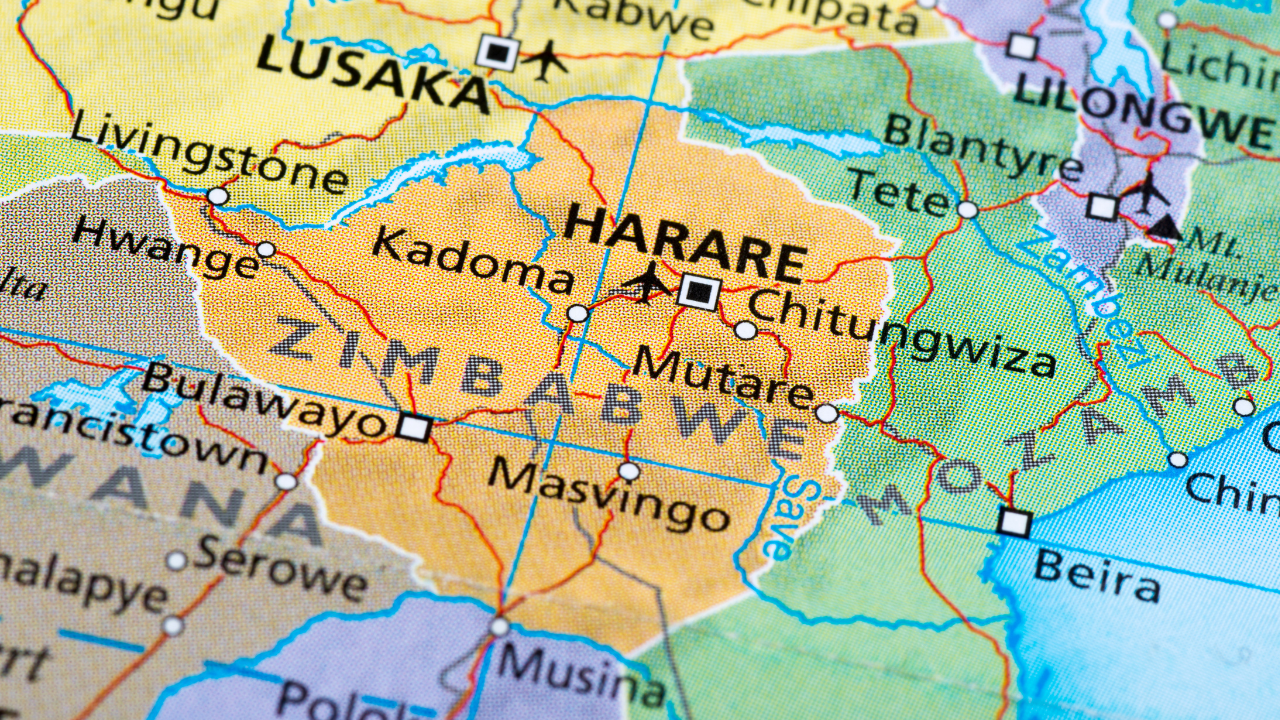In Zimbabwe, internet link hampered by hikes, neighbors
MATOBO, Zimbabwe — As the sun sets over Zimbabwe’s Matobo Hills, boys throw stones to chase baboons away. Their goal isn’t to enjoy the view of dusk but to search for a mobile network without interference from wild animals.
Silozwe, a village less than 50 kilometers (31 miles) from the southern city of Bulawayo, the southern African country’s second largest, sits in a connectivity black hole.
To an outsider, the daily stream of villagers clambering up the hill might look like a pilgrimage to a rain-making ceremony, but it’s a communal trek to make phone calls, send messages and check social media.
READ: Traditional phone services soon to be thing of the past
“Grown up as I am, it’s hard for me to get up the hill, and sometimes I still fail to connect,” said Sakhile Sibindi, 60, a grandmother who walks 5 km to reach the spot from her home.
Rural connectivity issues are not unique to Zimbabwe.
About a third of the world’s population, or 2.6 billion people, do not have internet access, according to the United Nations, which has a target to get everyone online by 2030.
“The internet is an essential tool to access information, employment opportunities and education. People without meaningful access may be left behind,” the UN’s International Telecommunication Union said in a 2023 report.
In sub-Saharan Africa, about one in four people use mobile phones to get online—but 15 percent of the population live in areas with no coverage, according to GSMA, a telecom industry group.
Prying ears
The Matobo Hills, a Unesco World Heritage site famed for its distinctive rock boulders, provide some relief to Silozwe’s residents.
But it has some clear drawbacks, like nosy fellow connectivity hunters eavesdropping on phone calls, Sibindi said.
“If you get the connection, you don’t have privacy,” she said after stopping there on her way back from a routine health check. “Sensitive family issues end up being known by the whole village.”
Accessibility is also an issue.
“If someone gets sick at night, you cannot come here to make a phone call. If it’s death, you will stay with a corpse in your house because you cannot reach out for help,” Sibindi said.
Some residents have found ingenious workarounds.
Mobile phones attached to sticks in yards or strapped on tree branches in a desperate search for network coverage are a common sight.
Anna Tiyo, a 42-year-old whose husband works in South Africa, used an old metal barrel to set up a makeshift network station under a fortuitously discovered, well-connected tree.
Others ask bus drivers and shopkeepers to deliver written or oral messages for them.
Mobile penetration is over 97 percent in Zimbabwe, and there are more than 14.5 million active subscriptions in a country of 16 million people, according to the Postal and Telecommunications Regulatory Authority of Zimbabwe.
But the government has acknowledged that connectivity is problematic in rural areas. —Agence France-Presse
